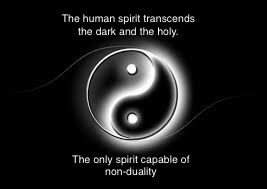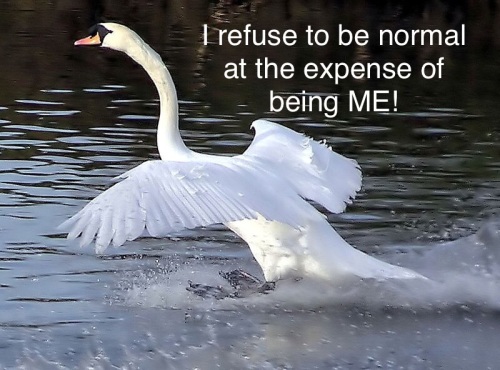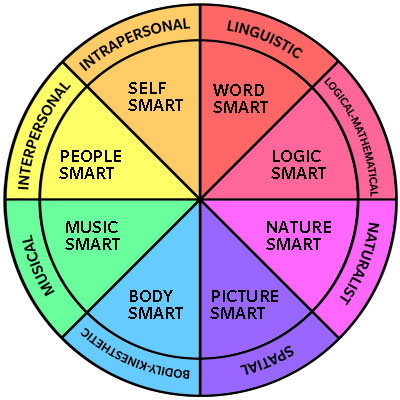The word atheist seems to conjure images of devil worship, demonic sacrifice and cannibalism even if it’s just some sort of metaphysical cannibalism. Metaphysical cannibals do not prey on the life-blood but the magic, spirit and wonder of humanity.
Just to clarify, atheists generally deny the existence of any conscious being or force that acts outside natural progression, whether this outside force is called God or Satan. Hence religious folk are more likely to believe in the devil than atheists. Those who do choose to worship the perceived dark spirit as opposed to the holy spirit are called satanists. And guess what? Satanism is a religion.
With regards to sacrifice, I am certain that like all humans’ atheists make many sacrifices. However their sacrifices are not to appease, honour, pleasure any metaphysical being. I am not saying that all atheists are paragons of selflessness and that all their sacrifices are for the greater good. As humans we all have the potential for altruism and selfishness, compassion and cruelty, generosity and callousness, openness and constriction, flexibility and rigidity. The choice it entirely yours, “what are you willing to sacrifice?” and “what do you want to gain?”
With regards to cannibalism, metaphysical or otherwise, atheism as a philosophical standpoint does not set out to destroy humanity. Atheists too revere in unexplainable phenomena, intangible (spiritual) experiences and marvel at the natural world. However they believe that when one looks into things deeply, when one really tries to understand then this awe-inspired wonder is multiplied. This is contrary to simply defining incredible natural phenomena just as magic, miracles, grace.
This and my previous posts are not intended to be blasphemous or proselytise atheism, rather my aim was to clarify a point of view that engenders such irrational anger, irritation and venom. In this age of freedom, why do we still persecute alternative viewpoints? If religion is supposed to teach tolerance, then why are the religious so intolerant of contrary philosophical positions?
I greatly admire Richard Dawkins intellect, work and commitment to the Humanist Society. However I am not driven to be a militant atheist. Frankly that is because the beliefs of society, friends and family don’t really matter to me, as long as those beliefs are not imposed on me.
My choice is to sacrifice everything that prevents me from being the best human being that I can be. I choose to honour the human spirit as opposed to dark or holy for humans can transcend this duality.



